

2017-05-01 09:45:00 Mon ET
stock market gold oil stock return s&p 500 asset market stabilization asset price fluctuations stocks bonds currencies commodities funds term spreads credit spreads fair value spreads asset investments
Apple now pursues an early harvest strategy that focuses on extracting healthy profits from a relatively static market for the Mac, iPhone, and iPad, all of which account for 85%+ of Apple's global revenue. Fortune futurists predict that Apple may adopt an aggressive acquisition strategy to consolidate many downstream media providers such as Netflix, Pandora, Disney, and Activision Blizzard.
During the Trump tax holiday, Apple seeks to repatriate as much as $250 billion offshore cash to invest in domestic job creation, manufacturing automation, and artificial intelligence.
As Apple CEO Tim Cook has indicated its ambitious fiscal plan to double media service revenue in the next 3 to 5 years, Apple needs to complete multiple M&A deals to achieve this high standard in stark contrast to organic growth.
Although many retail investors view this financial news as another speculative stock market rumor, time will tell whether Apple fulfills its medium-term trifecta of top dividend payout, offshore cash repatriation, and massive share buyback prior to 2020.
On balance, the world's largest tech giant offers a bright stock market prospect in terms of both robust operating performance and investment efficiency.
If any of our AYA Analytica financial health memos (FHM), blog posts, ebooks, newsletters, and notifications etc, or any other form of online content curation, involves potential copyright concerns, please feel free to contact us at service@ayafintech.network so that we can remove relevant content in response to any such request within a reasonable time frame.
2020-04-03 09:28:00 Friday ET
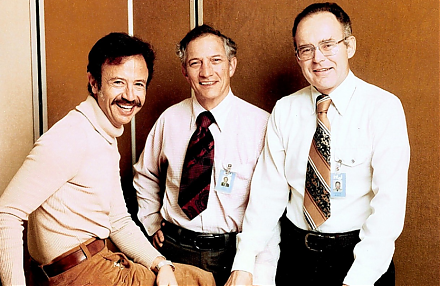
The Intel trinity of Robert Noyce, Gordon Moore, and Andy Grove establishes the primary semiconductor tech titan in Silicon Valley. Michael Malone (2014)
2019-07-05 09:32:00 Friday ET
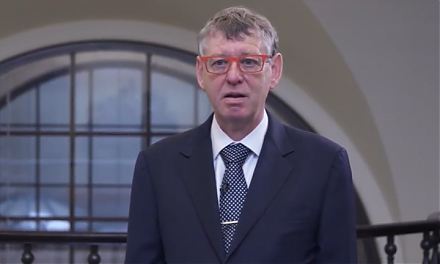
Warwick macroeconomic expert Roger Farmer proposes paying for social welfare programs with no tax hikes. The U.S. government pension and Medicare liabilitie
2020-11-01 11:21:00 Sunday ET
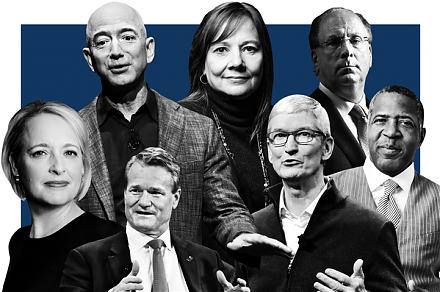
Artificial intelligence continues to push boundaries for several tech titans to sustain their central disruptive innovations, competitive moats, and first-m
2018-01-07 09:33:00 Sunday ET
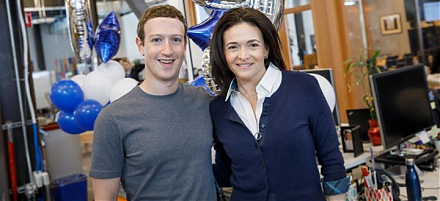
Zuckerberg announces his major changes in Facebook's newsfeed algorithm and user authentication. Facebook now has to change the newsfeed filter to prior
2019-11-05 07:41:00 Tuesday ET
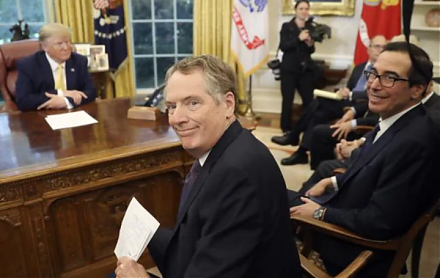
The Trump administration expects to reach an interim partial trade deal with China. This interim partial trade deal represents the first phase of a comprehe
2023-04-28 16:38:00 Friday ET
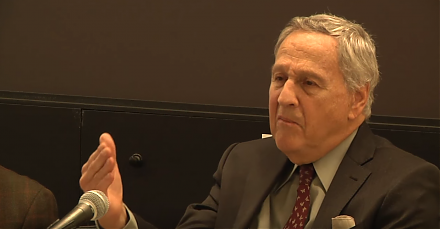
Peter Schuck analyzes U.S. government failures and structural problems in light of both institutions and incentives. Peter Schuck (2015) Why